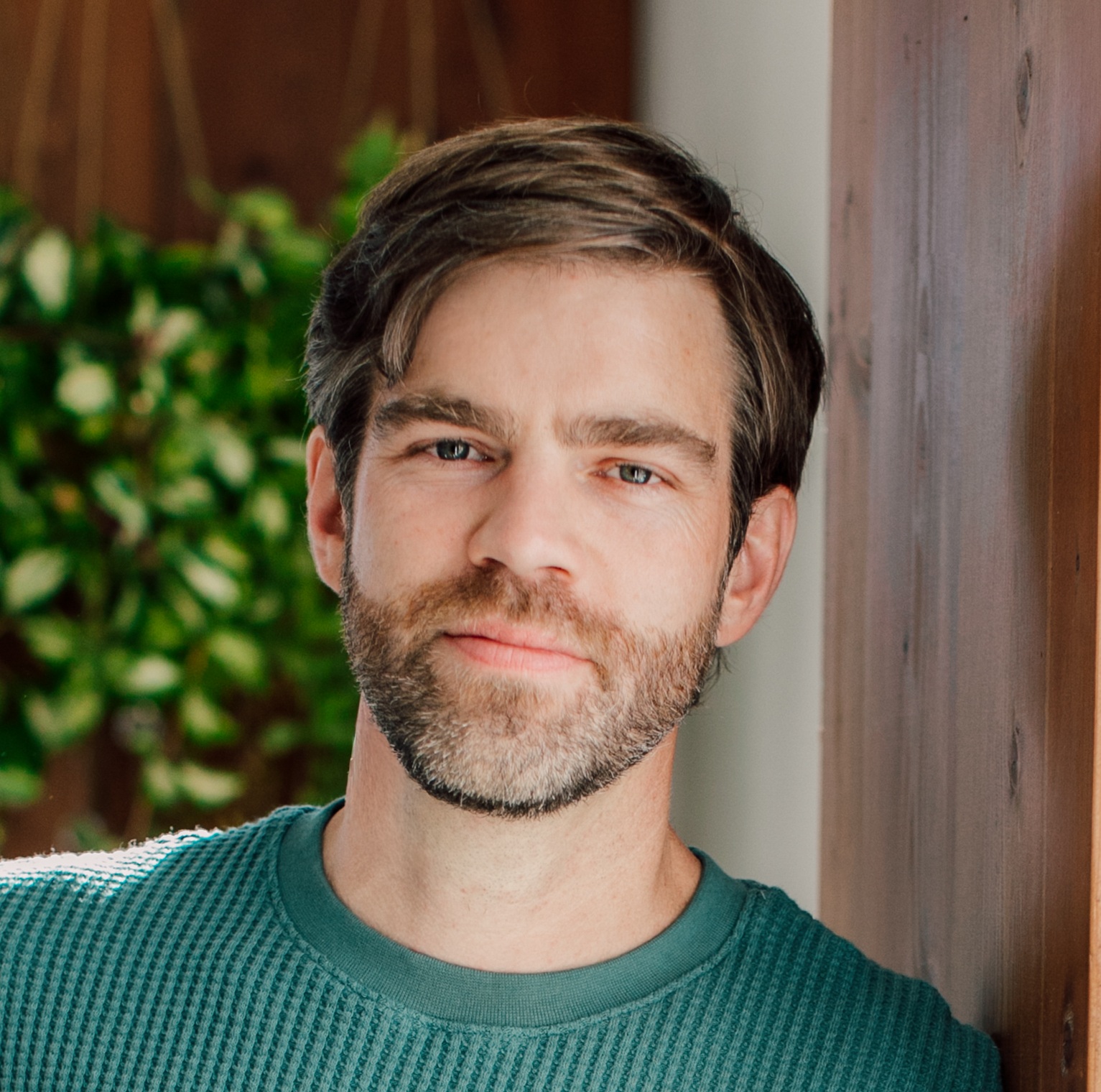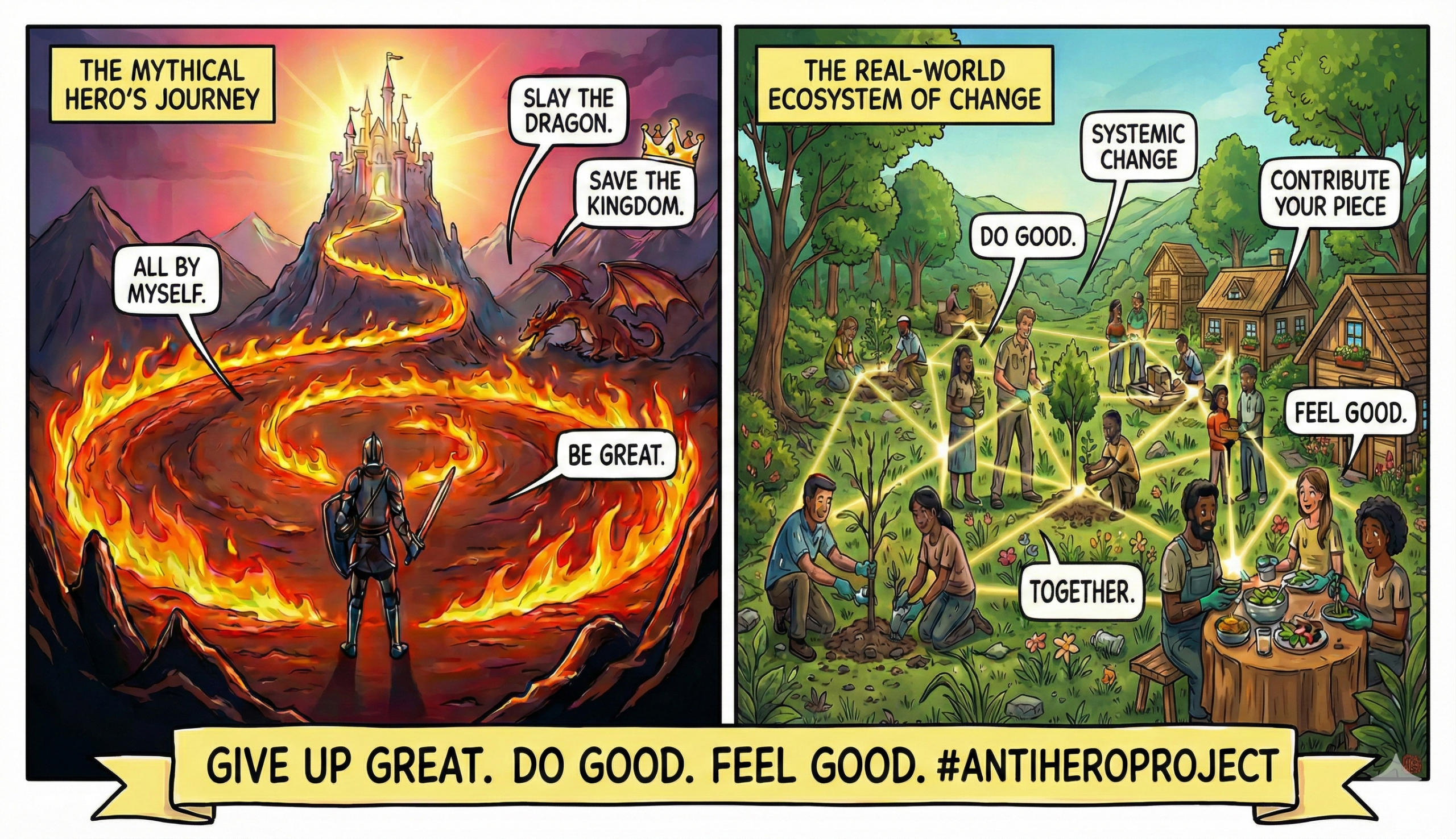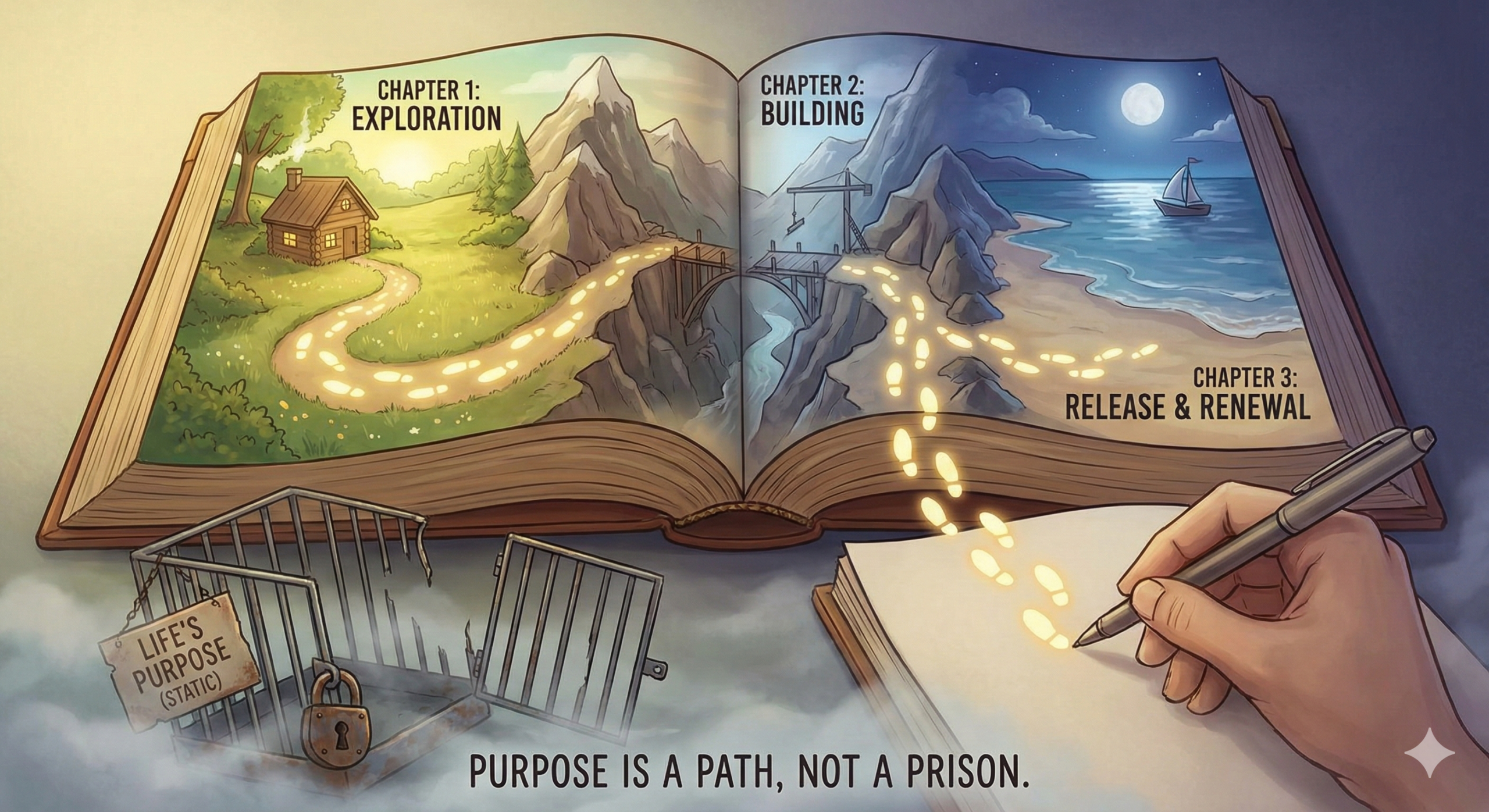Fear of failure
Fear of failure can be paralyzing. So many of my clients struggle with it. They worry that people will instantly judge, mock, or laugh at them. Even deeper, they worry that failure is proof that they are fundamentally not talented, not worthy, or simply not up to the task. They fear that another failure means they will never succeed. Their fear of failure becomes one of the biggest impediments to moving forward with their dream life or project.
We can all probably relate on some level. I know I can.
The mindset of the truly fulfilled
In stark contrast, the most successful and fulfilled people I know wear their failures like a badge of honor. They understand that a high rate of failure is the inevitable cost of success. They allow themselves to fail often, moving quickly past setbacks without letting them degrade their self-worth.
But let me be clear: I am not suggesting that you simply accept failure as a necessary (but unfortunate) part of growth and success. I’m sure you’ve heard that one hundreds of times already. It’s well-worn territory.
I am suggesting something a bit more radical: that the most successful and fulfilled people actively embrace and proactively seek out failure and rejection. They revel in it. They understand the strategic and spiritual value of “going for the no.”
For them, every failure, every rejection is just more proof of their courage, vulnerability, and resilience. Every failure is an invaluable opportunity to learn something new about the problem, the market, or one’s own capabilities and blind spots. Every failure is not a necessary hurdle, but a genuine step forward, a beam of light showing them the way.
The Transformative Question
Failure is not something to be avoided at best and accepted if necessary. Failure is something to be generously invested in, mined, and cherished.
This mindset shift can transform your entire internal landscape, dissolving many of the biggest barriers we put in our own way.
How might you approach your life and career differently if you fundamentally thought of failure as the most essential ingredient of both success and fulfillment? What new questions might you ask, what risks would you finally take, what possibilities would you nurture if you genuinely saw failure as one of your most valuable assets?




